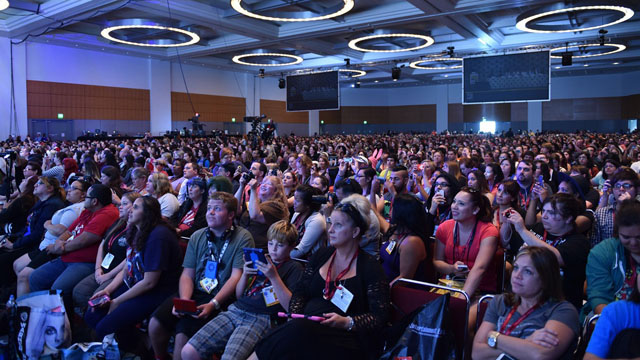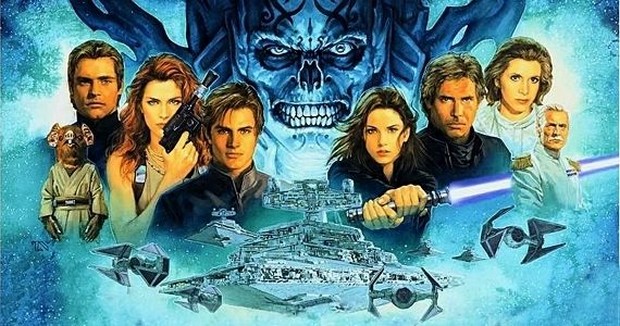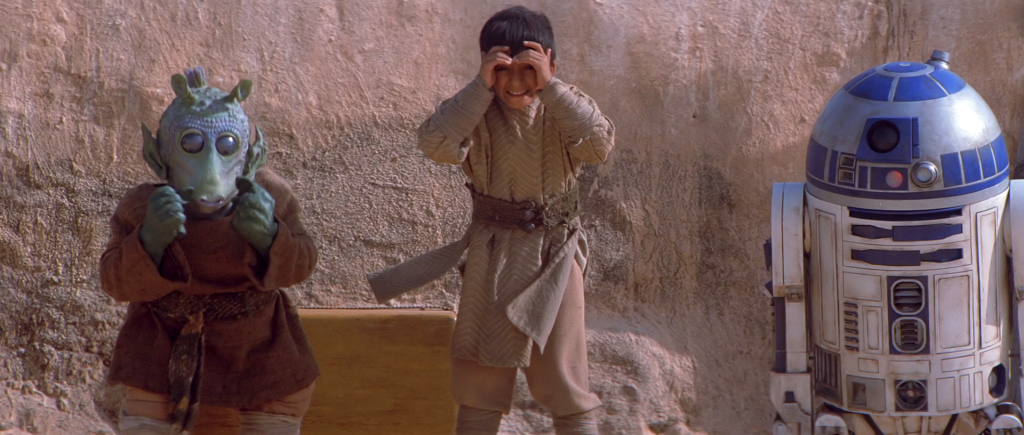
Being a fan is a curious thing. It can bring people together, it can tear them apart. It can make someone shout, laugh and jump for joy, or it can be depressing, make them scream, cry tears of sorrow or rage. A fan does not merely like something or enjoy something, they make that something a part of who they are, a part of their personality, of their identity. Being a fan takes on all sorts of shapes and sizes and people become fans for a number of different reasons, almost always reasons that are very personal to them, reasons that can be hard to explain to someone who may not be a fan as well.
Being a fan of something is not a one-size-fits-all proposition. Not all fans are created equal. People naturally experience things in different ways in all aspects of life, not only in being fans. Just as not all people are fans of the same thing, people who are fans may not be fans for the same reasons, or may not enjoy things the same way, or may have become fans at different stages of life, the list goes on. Someone may be a more critical, while another person is more accepting; one might be tightly wound, another may be more laid back. The size of a given fan group does not matter; no two fans will ever be exactly alike, no matter how big or small the fandom as a whole. Read More
 The first issue of Marvel’s new Star Wars ongoing is in stores today, and it seems like the Marvel announcement was just yesterday. There’s a certain mistrust among the hardcore fans about this comic’s quality and it’s easy to see why: Dark Horse Comics were a class act, one that is going to be hard to follow, and modern Marvel are an unknown quantity for a big chunk of the fandom.
The first issue of Marvel’s new Star Wars ongoing is in stores today, and it seems like the Marvel announcement was just yesterday. There’s a certain mistrust among the hardcore fans about this comic’s quality and it’s easy to see why: Dark Horse Comics were a class act, one that is going to be hard to follow, and modern Marvel are an unknown quantity for a big chunk of the fandom.


